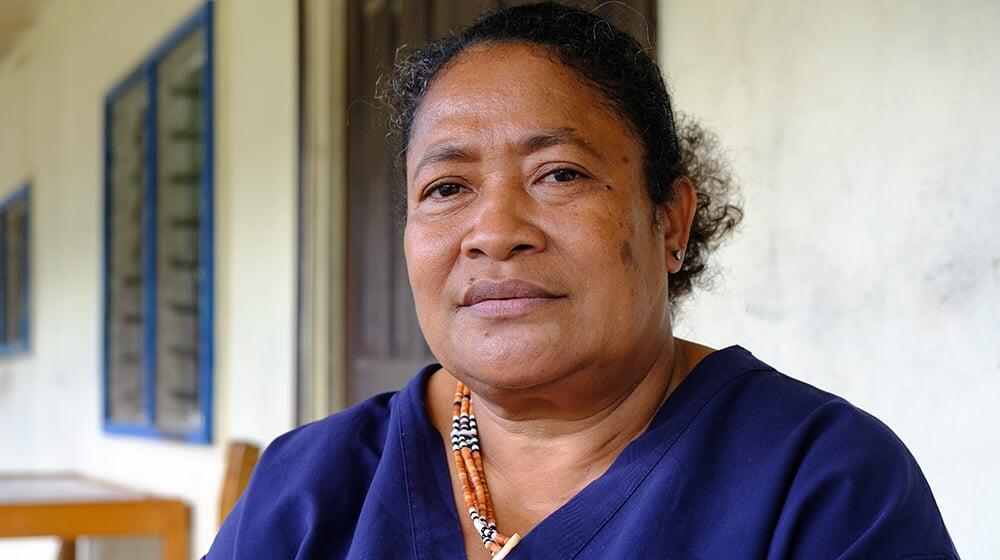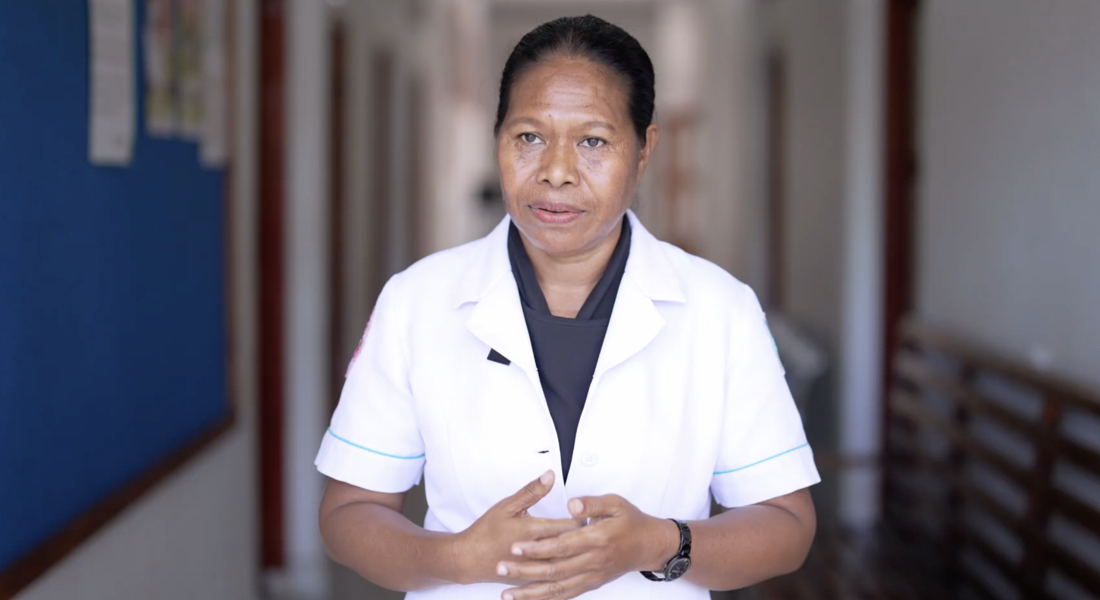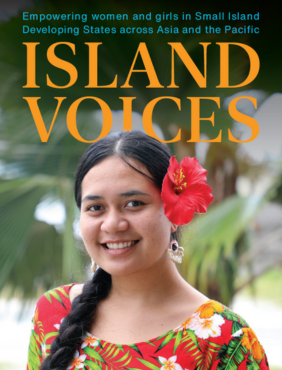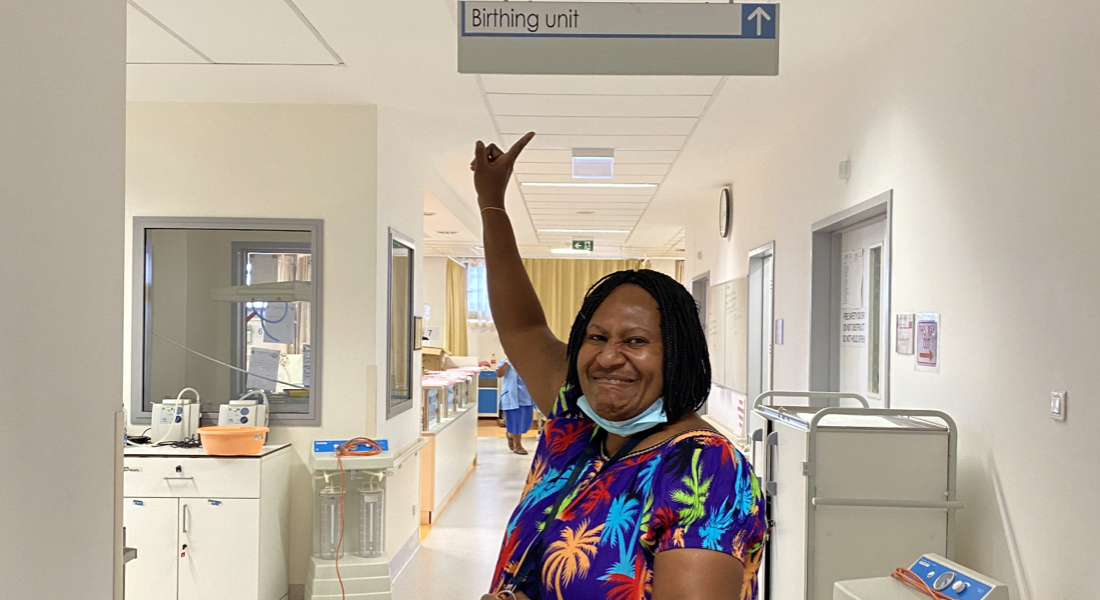
“I lost my aunt to a postpartum hemorrhage. This was her second baby and she died because there were no skilled birth attendants to attend to her.” This is what motivated Aiva Pikuri from Papua New Guinea to pursue a career in midwifery.
Twenty years later, Sister Aiva is a hugely committed and experienced midwife and educator, helping to build a network of skilled birth-attendants across Papua New Guinea – a role more important than ever.
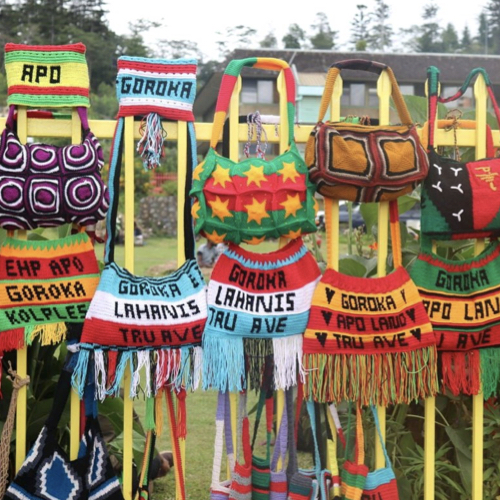
|
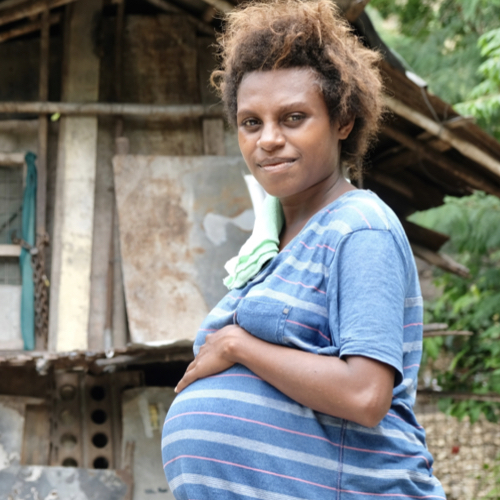
|
Dulce dos Santos from Timor-Leste also pursued her dream of becoming a midwife. Dulce recognizes the critical role that health workers play, especially in helping survivors of gender-based violence and sharing information about the support services available to them.
“For pregnant women, domestic violence is a risk for themselves and their baby. But many women don’t want to report it because they are dependent on their husband. Some women are scared. My responsibility as a healthcare provider is to help women find their way. I do not solve their problems, but I inform and refer them to all available services, such as legal counseling, health care and psychosocial support.”
34 per cent of ever-partnered women and girls aged 15–49 have experienced physical and/or sexual violence by a current or former intimate partner in the past 12 months. In this context, the role of Dulce and many other midwives is vital and lifesaving.
Midwives promote health and save lives, all while respecting women’s and girls’ choices and fulfilling their right to health. As the backbone of community-based sexual and reproductive health services, midwives are a critical gateway to healthcare services, especially for the most marginalized.
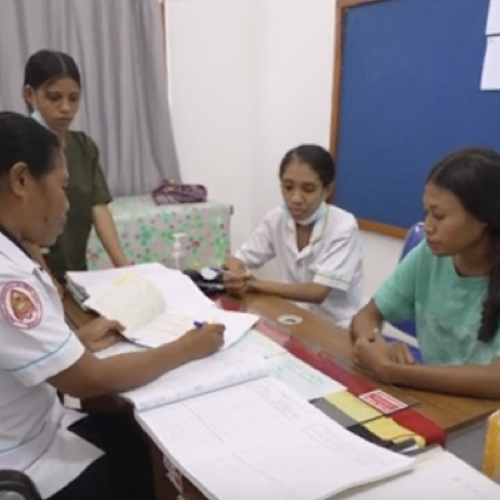
|
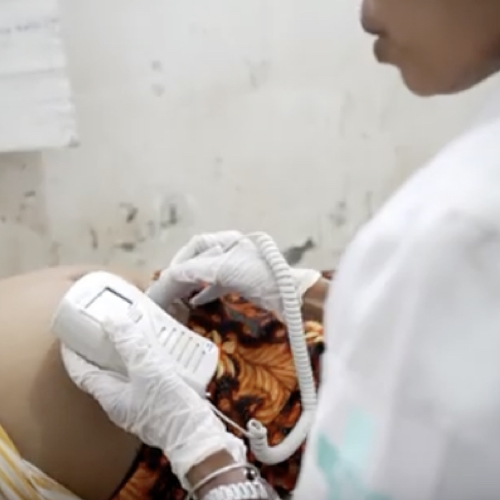
|
When climate disasters hit or conflict breaks out, midwives are first responders within communities – they represent the most effective way to avoid preventable maternal deaths, prevent unintended pregnancies and mitigate gender-based violence.
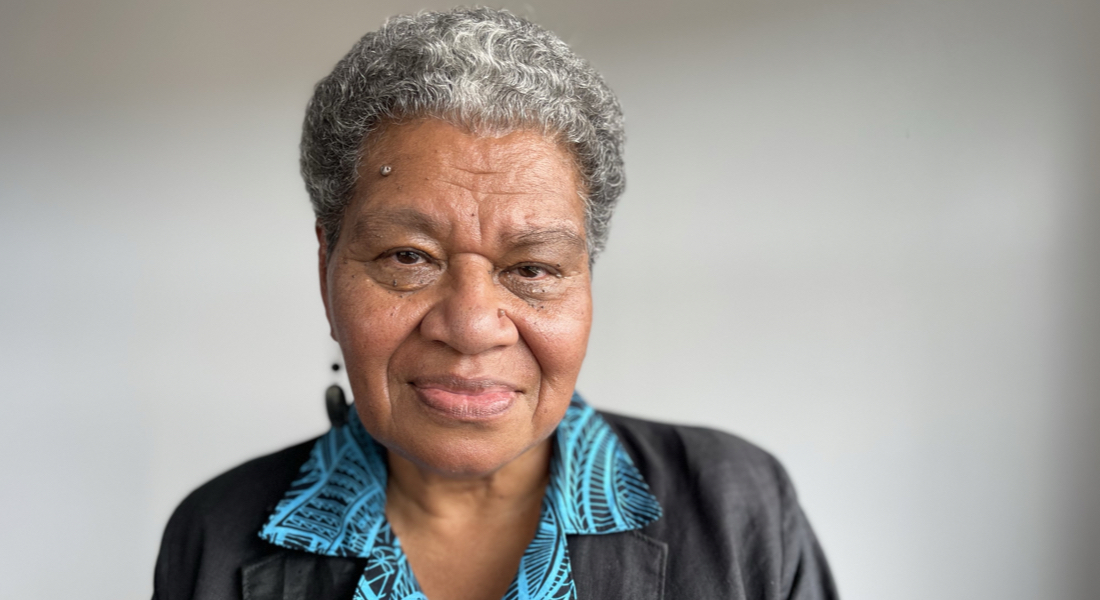
Through experience, retired Fijian midwife Litia Naralulu knows that when emergencies hit, women and girls are most at-risk. She was one of the midwives deployed by UNFPA in 2015 when Cyclone Pam hit the island nation of Vanuatu. She recalls, “When we got there it was chaotic. The nurses and other health care workers had been working non-stop at the hospital. They hadn’t gone to their homes or seen their families in weeks. So we stepped in and relieved them for a few weeks so they could go and be with their families and most importantly get some rest. We covered the labour wards and the postnatal ward, attending to the pregnant women, new mothers and babies.”
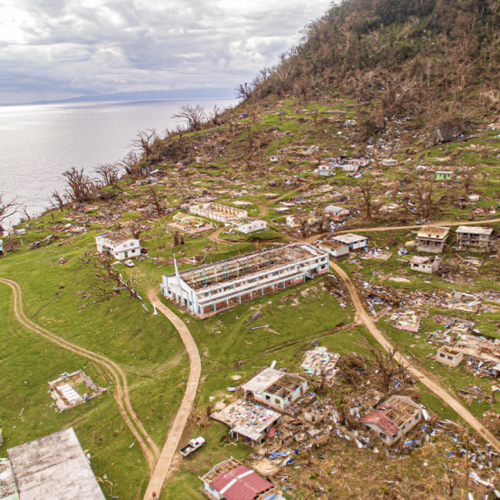
|
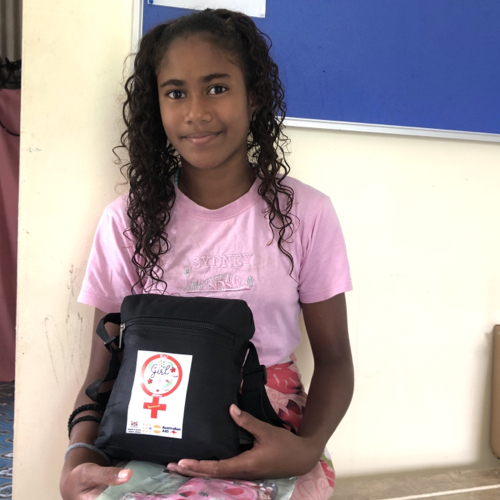
|
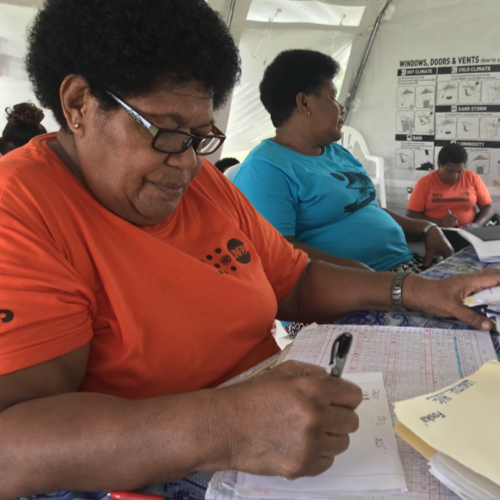
|
Small Island Developing States like Papua New Guinea, Timor-Leste, Fiji and Vanuatu are extremely vulnerable to climate disasters like cyclones and floods. This is why having committed service providers like Sister Aiva, Dulce and Litia is critical. Not only can they provide lifesaving services to women and girls during humanitarian crises, but they can also be mentors and role models by passing on their experience and techniques to younger health care workers.
The 4th International Conference on Small Island Developing States is a platform for UNFPA to continue advocacy efforts in ensuring women and girls of small islands have access to life-saving sexual and reproductive health services, as well as comprehensive sexuality education, and gender-based violence support services. We call on our partners to join us and amplify the need for strengthened climate governance, inclusive of gender-responsive policies that take into account the sexual and reproductive health and rights of women and girls, and their safety.
By amplifying the voices of women and girls and advocating for their rights and choices, together we can and will foster more inclusive and sustainable development across SIDS, paving the way for a future where every woman and girl can thrive with dignity and equality.
Island VoicesEmpowering women and girls in Small Island Developing States |
Learn more
Minimum Initial Service Package - The minimum, life-saving sexual and reproductive health needs that humanitarians must address at onset of an emergency
GBV Area of Responsibility brings together non-governmental organisations, UN agencies, academics and others under the shared objective of ensuring life-saving, predictable, accountable and effective GBV prevention, risk mitigation and response in emergencies, both natural disaster and conflict-related humanitarian contexts)

